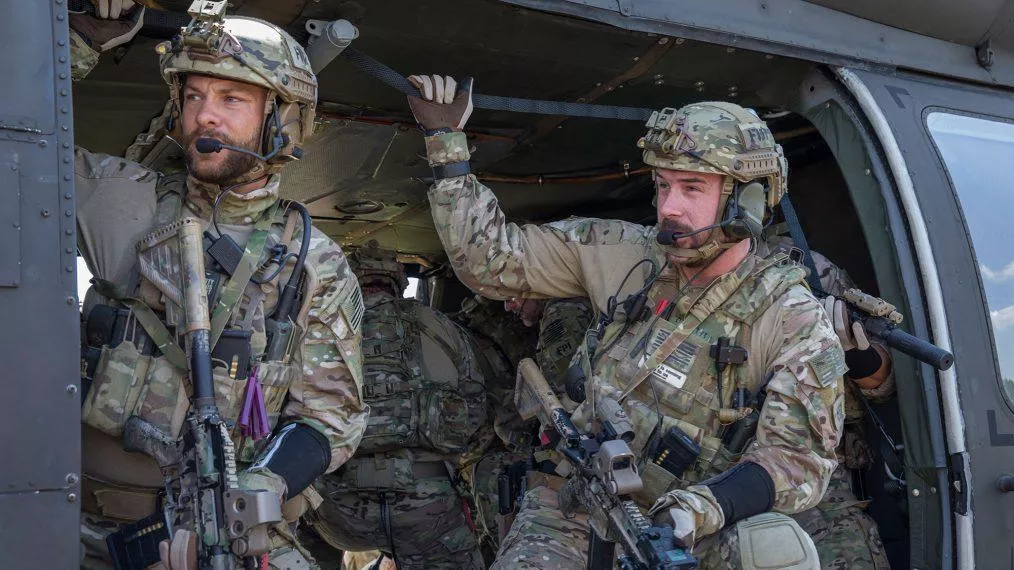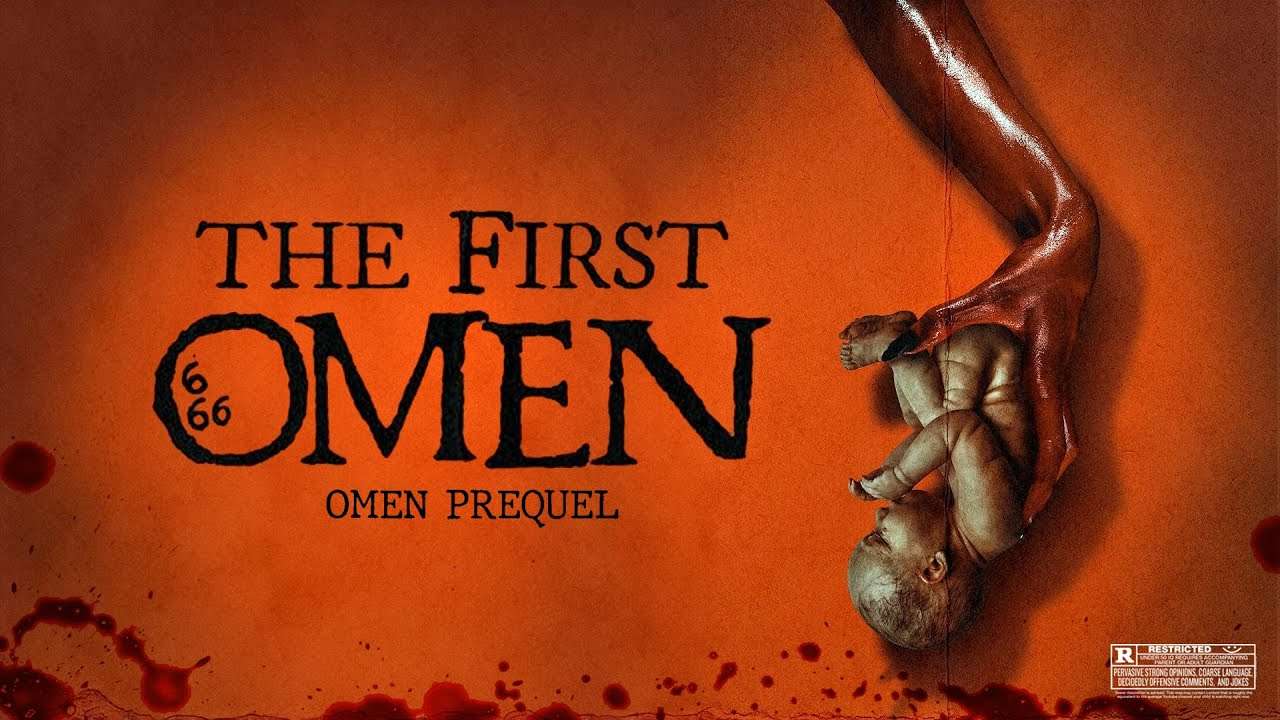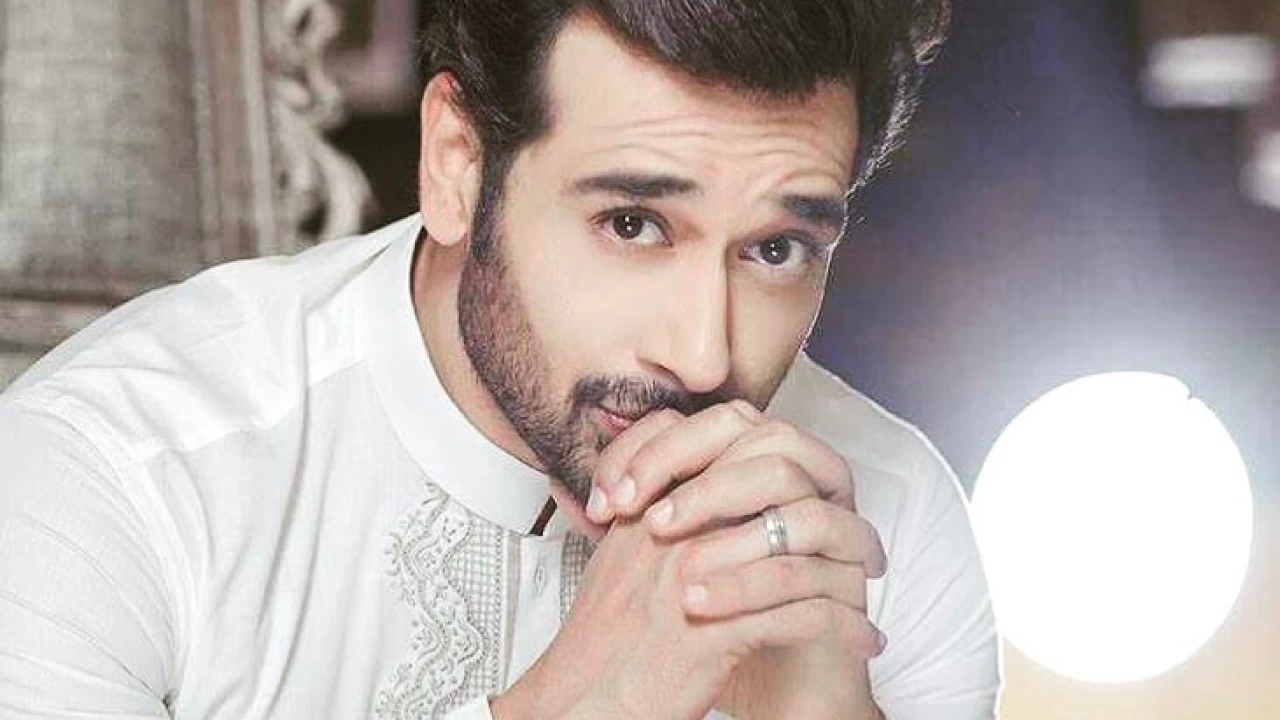October 23, 2023
Why is Six TV series a must-watch?

The series"Six" claims that its accounts of highly classified operations carried out by the members of the US Naval Special Warfare Development Group (DEVGRU), often known as SEAL Team Six, are based on actual events. After receiving positive reviews from both reviewers and viewers upon its January 2017 premiere, the show was picked up for a second season, which just finished airing.
The focus of the first season is a close-knit group of elite troops. Special Warfare Operator has been added for season 2. Numerous times, with varying degrees of success and terrible failure, the idea has probably been explored to saturation. You may compare it to how the subjects of World War II and Nazi Germany have been overused to the point of annoyance over the years—there is nothing fresh to be seen anymore.
Great action scenes that are grounded in reality
It's hardly surprising to see highly polished shows with high production value hit even the small screens these days, given the millions of dollars that are pushed into costume and set design. The missions we see are partially based on real-life incidents and situations that certain special operations personnel have actually experienced, therefore "Six TV series" is most likely not unique in this regard, but because of this, the audience is able to virtually experience the urgency and stress they feel at any given time. And even if the characters frequently boast about their invincibility, "Six" avoids the faults of its counterparts in which the protagonists appear to be impervious to harm. The highest of highs is frequently followed by the lowest of lows because life contains a good dose of tragedy.
Similar to this, "Six" makes sure that its characters are not flat robot killers. No detail is spared in revealing the emotional cost and trauma that comes along with their demanding life: their families living in uncertainty, never being able to plan beyond a few months at a time, PTSD, remorse, jealousy, and team politics.
A charismatic villain
When it comes to villains, Hollywood has gone a long way. If you overlook the fact that they still invariably appear to be Russian or Eastern European, but we can give that a pass, the days of the antagonist's plots being absurdly obvious and steeped in propaganda are long gone. Instead, there is a fresh, infuriating trend called overcompensation.
The 'bad guy' is now at the other extreme of the spectrum. Although he is lean, ruthless, and a killing machine, his terrible history drove him to the brink of insanity and turned him into more of an antihero. It has gotten to the point where choosing a side is tough.
Six TV series succeed in finding a decent balance between the two. Tamerlin Shishoni, a.k.a. The Prince, assumes centre stage in Season 2 and turns into the main target of SEAL Team Six and the CIA. His terrible background includes being betrayed by the CIA and witnessing his wife and child being brutally murdered. Your empathy stops there, though. With Shishoni, there is no room for doubt. He randomly orders executions and bombs, for defenceless civilians. He is bad, just like a bad guy should be.
Outstanding character development
'Six's' attention to minute details regarding each SEAL's life is what stands out right away. Since the focus should be on the team as a whole rather than a single person, it sets itself apart from the competition by making sure that nobody gets all the screen time. Season 1 establishes the tone by outlining the reasons behind each SEAL's unique personality, including their upbringing, mental processes, goals, and purposes. It's encouraging to see a show give every character, even the "terrorists," a reason to exist and their due.
Additionally, it piques the interest of the audience by spreading out these trivial nuggets of information throughout both seasons' episodes rather than cramming them in all at once. In a show that is primarily concerned with satisfying your appetite for action, the empathy for the team that you start to feel is painstakingly built up, piece by piece.
Without filler episodes
Many shows have to spend time developing their premise because of the subject matter they are trying to address, but that is not necessarily a negative thing; just look at "Breaking Bad" or "The Wire" for examples. But it's not for everyone either, especially when done poorly. What first appear to be story-advancing events end up being fillers that merely irritate and frustrate.
By jam-packing each episode of "Six" with mindless action scenes—a different but no less grating kind of filler—the show could have easily fallen victim to the trap. However, it avoids these pitfalls rather skillfully. One could argue that parts of the missions did feel hurried and careless, but looking back, there was essentially never a scene where the viewer had to wait around impatiently for something to happen.
It's going to end in an explosive way
There isn't any concrete proof that season 2 will end on a cliffhanger, but if its first season is any indication, an explosive conclusion seems inevitable. Remember that Tamerlin Shishoni is essentially a more developed, sociopathic version of Emir Hatim Al-Muttaqi (Jarreth J Merz) and Boko Haram; he actually controls everything, despite season 1's lack of clarity.
When you believed Rip had returned home safely in the first season, and the show even started to hint at its mental suffering, the creators of the series suddenly pulled the rug out from under you—and in a very dramatic way. And although season 2 has just released four episodes, one has the impression that the foundation for a dramatic conclusion has already been set.
Related Post

Upcoming Horror Movies
Get ready for some serious spookiness in 2024! There are a bunch of new scary movies hitting the big screen, and they're bringing back some of our favourite horror franchises.

Bilal Abbas Khan's List of Dramas
Bilal Abbas Khan started acting in 2016 with the drama serial 'Dumpukht' and has been making a mark since then. He won the Best Actor award at the 2020 Lux Style Awards.

Faysal Qureshi List of Dramas
Faysal is well known for hosting and is one of Pakistan’s highest-paid actors. He became popular for his roles in many Pakistani TV dramas like Bashar Momin, Baba Jani, Gustakh, and Fitoor.

Turkish drama in Hindi
The Turkish entertainment industry has become the second-largest exporter of television shows globally. Here's a list of the best Hindi-dubbed Turkish dramas you should consider watching.

Upcoming Horror Movies
Get ready for some serious spookiness in 2024! There are a bunch of new scary movies hitting the big screen, and they're bringing back some of our favourite horror franchises.

Bilal Abbas Khan's List of Dramas
Bilal Abbas Khan started acting in 2016 with the drama serial 'Dumpukht' and has been making a mark since then. He won the Best Actor award at the 2020 Lux Style Awards.

Faysal Qureshi List of Dramas
Faysal is well known for hosting and is one of Pakistan’s highest-paid actors. He became popular for his roles in many Pakistani TV dramas like Bashar Momin, Baba Jani, Gustakh, and Fitoor.
What to watch

Tensports
Watch Ten Sports live TV streaming online in HD now on tapmad. Enjoy watching Ten Sports TV channel live for unlimited sports, ICC World Cup...

Indian Premier League - Ad Free
Watch Sunrisers Hyderabad vs Royal Challengers Bangalore live IPL match stream in Pakistan online on tapmad. Experience the thrill of the Indian...

Eurosport
Eurosport is a pan-European television sports network, owned and operated by Discovery, Inc. Eurosport specializes in the management...